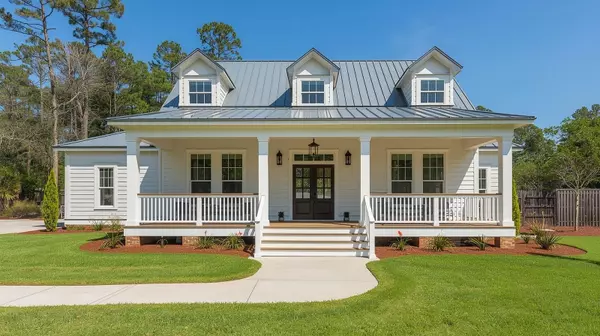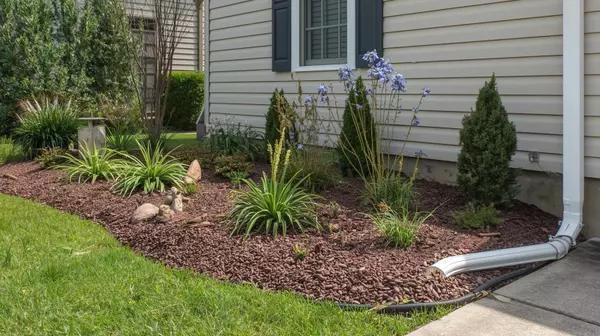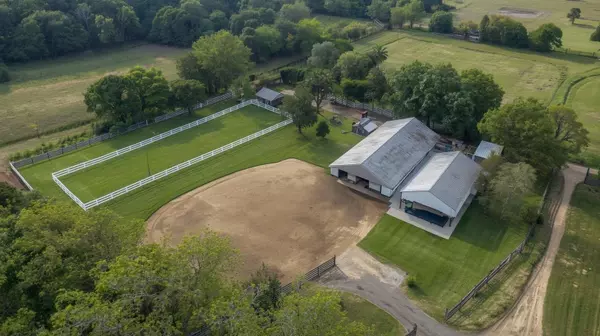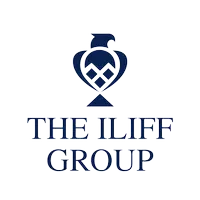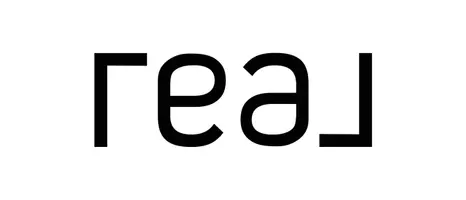Securing a Rental Property Mortgage in Summerville SC

You're aiming high, and that's the right attitude for real estate investment! Summerville, SC, is a prime market, and mastering the financing process is key to your success. Our comprehensive guide focuses on the critical details investors need to Secure a Rental Property Mortgage in Summerville, SC, helping you build your investment portfolio.
A Comprehensive Guide to Rental Property Mortgages in Summerville, SC
🔑 Your Investment Journey Starts with the Right Loan in Summerville

The Lowcountry's charm, combined with its steady population growth and economic vitality, makes Summerville, SC, an incredibly attractive place for real estate investors. Known for its picturesque historic district and family-friendly atmosphere, the demand for quality rental properties here remains consistently strong. However, securing a mortgage for an investment property is fundamentally different from financing your primary residence. Lenders view it as a higher-risk venture, which translates to stricter requirements.
As a husband and wife team, we've navigated this process and learned the ins and outs of what it takes to get an investment property loan approved in this unique South Carolina market. Our goal is to equip you with the knowledge to approach lenders with confidence, understanding the types of financing available, the financial metrics that matter most, and how to position yourselves as ideal borrowers.
💰 Investment Property Loan Requirements: The Financial Barometer
Lenders scrutinize investment property applications far more intensely than they do owner-occupied mortgages. They are primarily concerned with two things: your ability to repay the loan from your existing finances and the property's potential to generate sufficient rental income to cover its own costs.
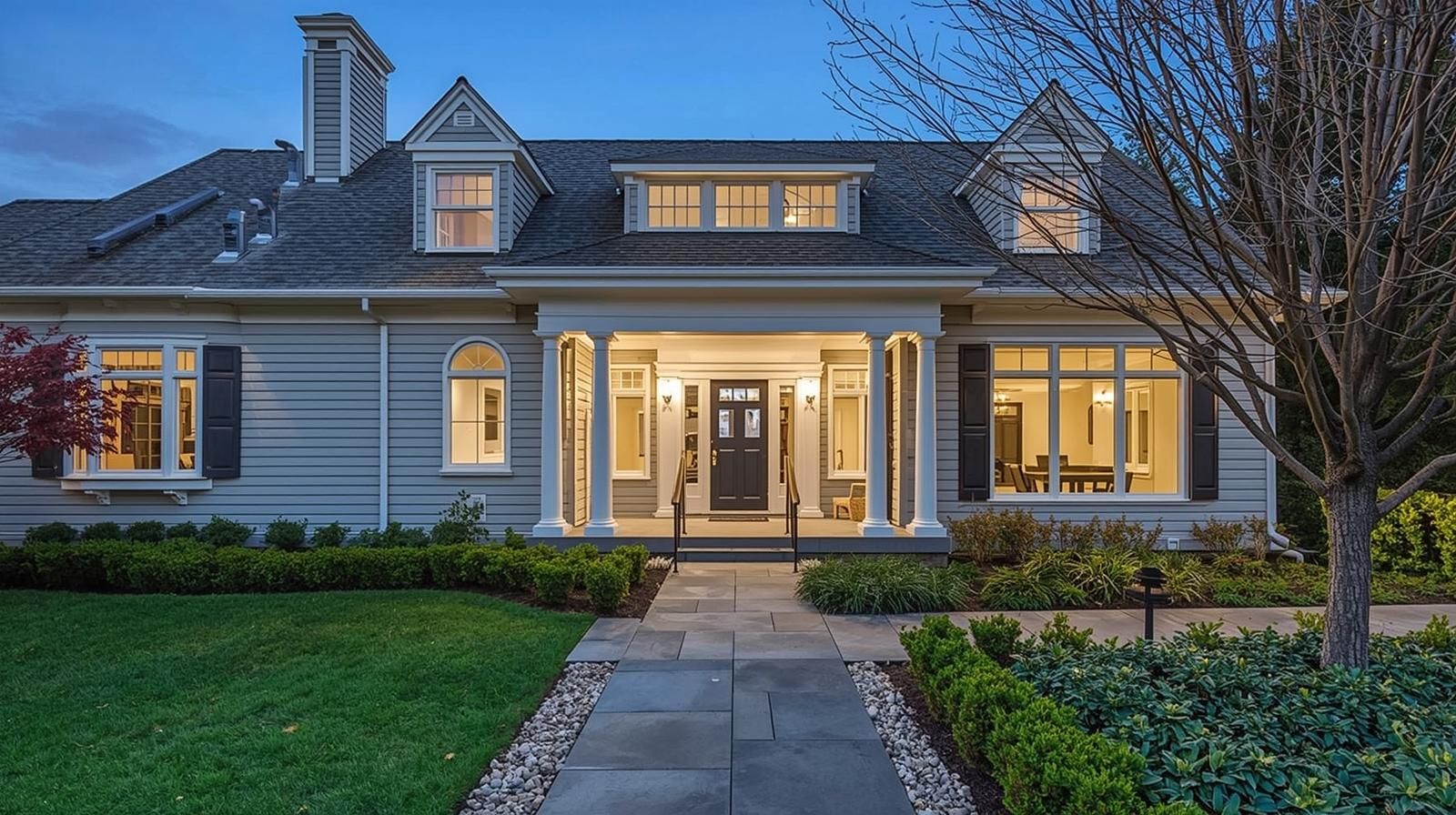
Higher Down Payments are the Norm
For investment properties, the down payment requirements are significantly higher than the 3%–5% often seen for primary residences. We generally advise our clients to be prepared for a minimum of 15% to 25% down payment for a conventional loan on a single-family rental.
-
Single-Family Investment Properties: Expect a minimum down payment often starting at 15%, though 20% to 25% will usually secure you a better interest rate and more favorable terms.
-
Multi-Family Investment Properties (Non-Owner Occupied): For duplexes, triplexes, or fourplexes where you do not intend to live in one of the units (true investment properties), the down payment requirement is typically a stricter 25% or more.
Putting down more cash not only reduces the loan-to-value (LTV) ratio, which lowers the lender's risk, but it also helps you avoid Private Mortgage Insurance (PMI), which is a key advantage for maximizing cash flow on a rental.
The Credit Score Standard: Aim for Excellence
A strong credit history is crucial for any mortgage, but for an investment property, it's a non-negotiable gateway to the best rates.
-
Minimum Conventional Score: Most lenders will look for a minimum credit score of 620 to 640 for an investment property loan.
-
The Best Terms: To outshine the competition and secure the most competitive interest rates, we recommend aiming for a FICO score of 700 or higher. A higher score signals reliability and translates directly into thousands of dollars saved over the life of the loan.
Debt-to-Income (DTI) Ratio: Your Financial Health Check
The Debt-to-Income (DTI) ratio is one of the most critical metrics lenders use. It is a comparison of your total monthly debt payments to your gross monthly income.
-
The Preferred DTI: For investment properties, lenders generally prefer a total (back-end) DTI ratio of 36% or less.
-
Maximum Allowances: While some programs and compensating factors (like substantial cash reserves) might allow a DTI up to 45% or even 50%, maintaining a lower ratio will significantly strengthen your application. Remember, this calculation includes the proposed mortgage payment for the new rental property.
Cash Reserves: The Investor's Safety Net
Lenders want assurance that you can cover the mortgage payments even if the property sits vacant for a period. For investment property financing, expect to be required to show liquid cash reserves sufficient to cover 6 months of the new property's Principal, Interest, Taxes, and Insurance (PITI) payments. If you already own other investment properties, you may need to show reserves for those as well, albeit sometimes for a shorter duration, like two months per property.
🏡 Financing Options for Summerville Rental Properties
Not all mortgages are created equal. As investors in Summerville, you have several primary pathways to financing your rental properties, each with its own benefits and drawbacks.

Conventional Loans: The Standard Bearer
Conventional loans adhering to Fannie Mae and Freddie Mac guidelines are the most common route for investment property financing.
-
Pros: They offer the lowest long-term interest rates and the most standard, predictable terms (typically 30-year fixed). They are widely available through most banks and mortgage brokers.
-
Cons: They have the strictest qualification criteria, especially regarding credit score, DTI, and down payment. Furthermore, Fannie Mae and Freddie Mac typically limit the number of properties an individual can finance to ten.
DSCR Loans: Qualifying on Cash Flow
A rapidly growing option for savvy investors is the Debt Service Coverage Ratio (DSCR) loan. These "non-QM" (Non-Qualified Mortgage) loans are a game-changer because they qualify you based on the cash flow potential of the property itself, rather than your personal income.
-
How it Works: The DSCR is the ratio of the property's gross rental income to its monthly debt obligations (PITI). A DSCR of 1.0 or higher means the expected rent fully covers the proposed mortgage payment. Many lenders will accept a DSCR of 1.25 or even allow a ratio under 1.0 with a larger down payment and more reserves.
-
Pros: No personal income verification (W-2s, pay stubs, tax returns) is required, which is excellent for self-employed individuals or those with complex financial profiles. They also allow for unlimited properties, making them ideal for scaling your portfolio.
-
Cons: DSCR loans usually come with higher interest rates and require larger down payments (often 20%-25%) compared to conventional loans.
Portfolio Loans: Flexibility and Customization
Portfolio loans are mortgages that the lending institution (usually a local or regional bank or credit union) keeps "in-house" rather than selling them on the secondary market.
-
Pros: Because the lender holds the risk, they have the flexibility to create customized loan structures and underwriting standards. This can be perfect for unique properties in Summerville or for investors who might not meet the strict DTI or credit requirements of a conventional loan. The approval process can sometimes be much faster.
-
Cons: They often have higher interest rates and fees than conventional loans, and the terms can vary wildly from one lender to the next, requiring extensive comparison shopping.
Other Niche Options
For certain properties, you may encounter other specialized financing:
-
Bank Statement Loans: Tailored for self-employed individuals, these use 12 or 24 months of business or personal bank statements to verify income, bypassing the need for tax returns.
-
Short-Term (Bridge) or Hard Money Loans: These are fast, high-interest, short-term loans, typically used to quickly acquire and renovate a property before refinancing into a long-term loan.
📈 Leveraging Rental Income for Qualification
One of the great benefits of investing is that the property's expected income can help you qualify for the loan. Lenders don't count 100% of the projected rental income toward your qualifying income.

The 75% Rule
Most conventional lenders apply a 75% net adjustment to the property's gross projected rental income. This 25% "buffer" accounts for expected vacancy, maintenance, and property management fees.
-
Example: If an appraiser determines a Summerville property can rent for $2,000 per month, the lender will use $1,500 () as the qualifying income to offset the new mortgage payment in your DTI calculation.
For the DSCR loan, the property's actual cash flow (the ratio) is the key. A favorable DSCR means you don't need to rely as heavily on your personal income or assets.
🎯 The Summerville Strategy: Positioning for Approval
As a team of investors, we've developed a clear strategy for successful mortgage application in the Summerville market:

1. Organize Your Documentation Meticulously
Lenders expect thorough documentation for investment property loans. Have the following ready:
-
Personal Documents: Two years of personal tax returns, two years of W-2s or 1099s, recent pay stubs (if applicable), and two months of bank statements to show assets and reserves.
-
Existing Investment Documents (if applicable): Current lease agreements, lender statements for existing mortgages, and a Schedule E (Supplemental Income and Loss) from your tax returns.
-
Property-Specific: A signed purchase agreement and a detailed rental analysis (often provided by the appraiser or a local property management company).
2. Build a Relationship with a Local Lender
While big, national banks offer conventional options, a local Summerville-area mortgage broker or small bank can be invaluable. They are often the source for flexible portfolio loans and have a better understanding of the local rental market dynamics. They can advise you on which financing option, conventional, DSCR, or portfolio, will best suit your specific financial profile and investment goals.
3. Proactive Credit Management
Before you even apply, review your credit report for errors and pay down revolving debt to lower your DTI. Small improvements in your credit score can save you thousands on the interest rate, a critical factor in a high-interest-rate environment.
4. Know Your Exit Strategy
Lenders appreciate a well-thought-out business plan. Be prepared to articulate your strategy for the property, is it a long-term hold for passive income, or a shorter-term plan with a refinance or eventual sale? Demonstrating foresight reinforces your credibility as a serious investor.
📞 Take the Next Step
Ready to turn your Summerville, SC, investment dream into a profitable reality? Understanding the nuances of financing is the first and most critical step.
Don't navigate the complex world of investment property mortgages alone. Our team has the local market expertise and financial insight to guide you to the right loan for your next venture.
Contact us today for a personalized consultation to review your investment goals and financial profile. We can connect you with the right lending partner and help you prepare a rock-solid application package.
➡️ Want to dive deeper into Summerville's investment potential? Check out our latest articles:
-
Maximizing Cash Flow: Essential Landlord Tips for Summerville, SC Rentals
❓ Top 5 FAQs About Securing a Rental Property Mortgage in Summerville, SC
1. How much higher is the interest rate for an investment property mortgage compared to a primary residence mortgage?
Generally, interest rates for investment property mortgages are 0.50% to 1.0% higher than those for a primary residence. This difference is due to the higher perceived risk associated with non-owner-occupied properties, as an investor is more likely to default on an investment property than their home. The actual difference is determined by factors like your credit score, down payment size, and the specific loan program you choose (conventional loans typically offer the lowest rates).
2. Can we use projected rental income to help us qualify for the new mortgage?
Yes, you can absolutely use the projected rental income to help qualify, but lenders won't count the full amount. Most conventional lenders use a 75% net adjustment rule, meaning they will only count 75% of the appraised gross market rent towards your income to offset the new mortgage payment. This deduction accounts for potential vacancies, maintenance, and other operating expenses, ensuring a conservative and realistic qualification process.
3. What is a DSCR loan and is it a good fit for investors in Summerville?
A DSCR (Debt Service Coverage Ratio) loan is a non-traditional loan that qualifies you based on the property's cash flow potential, not your personal income. It's an excellent fit for investors in Summerville who are self-employed, have complex tax returns, or want to scale their portfolio beyond the conventional 10-property limit. If the property's expected rental income is sufficient to cover its monthly debt, this loan can offer a fast, streamlined path to financing.
4. What is the minimum credit score we need to secure an investment property loan in South Carolina?
While the absolute minimum for an investment property conventional loan is typically around 620, aiming for that minimum won't get you the best terms. To secure the most favorable interest rates and a smooth underwriting process in the competitive Summerville market, we highly recommend aiming for a FICO score of 700 or higher. A stronger credit profile directly translates to lower costs and higher profitability for your investment.
5. Besides the down payment, what other cash reserves will lenders require us to have?
Lenders typically require you to show sufficient liquid cash reserves to cover a certain number of months of the investment property's mortgage payments (Principal, Interest, Taxes, and Insurance). For a first investment property, this is usually 6 months of PITI. If you already own other investment properties, you may also need to demonstrate additional reserves for those, often two months of PITI for each, as a financial cushion.
Categories
- All Blogs (46)
- Cost of Living in Summerville SC (14)
- Cost of Selling or Buying a Home (18)
- Downtown Summerville SC (2)
- Golf in Summerville SC (2)
- Guides (24)
- Lifestyle and Culture (10)
- Market Trends (2)
- Nearby Areas & Comparison Guides (8)
- Neighborhoods in Summerville SC (18)
- PCSing to Charleston SC (9)
- Property Taxes in Summerville SC (6)
- Relocation Questions & Miscellaneous Topics (18)
- Retire in Summerville SC (3)
- Schools in Summerville SC (10)
Recent Posts





